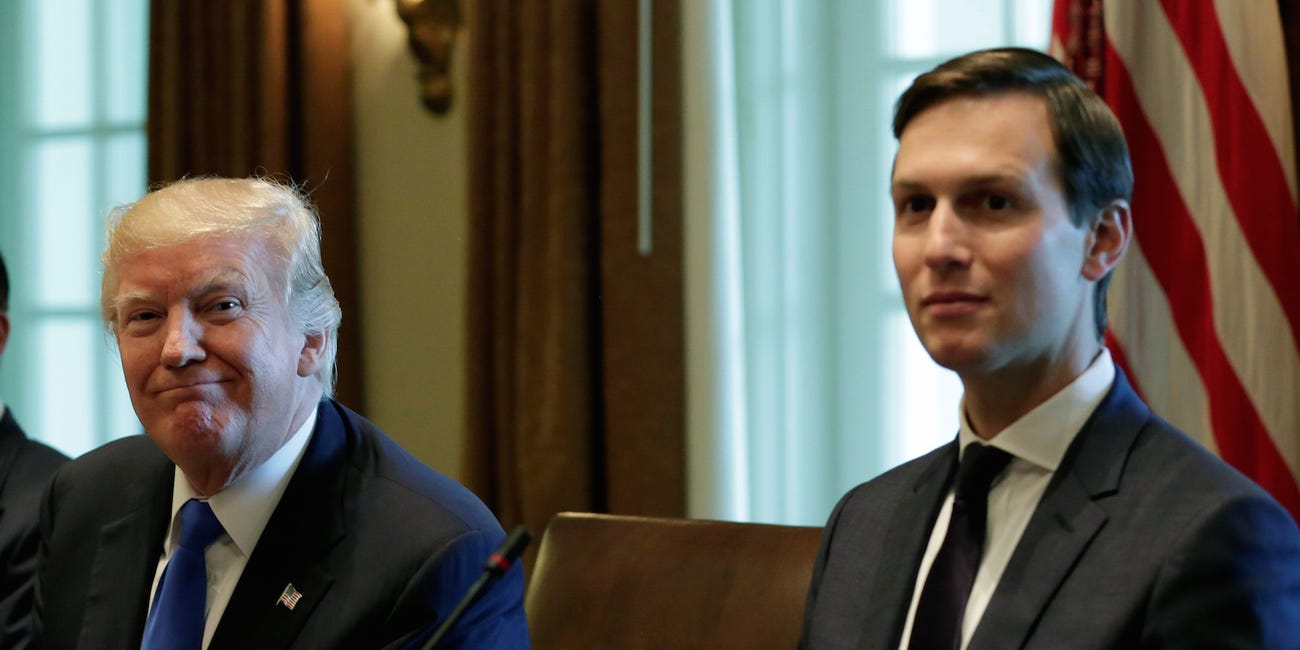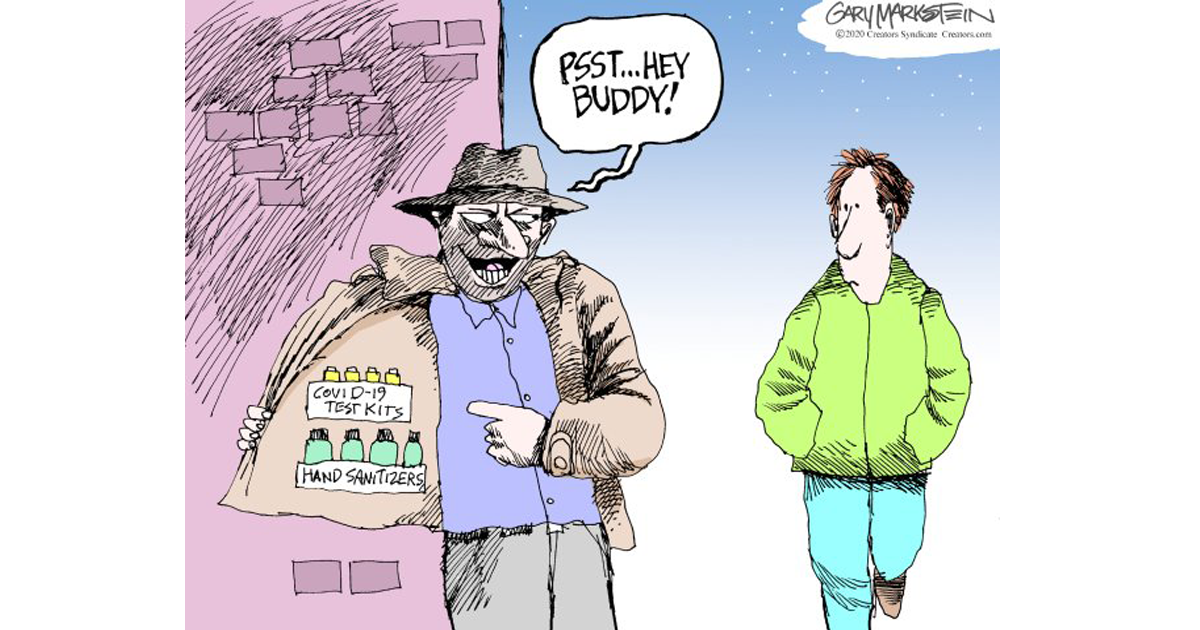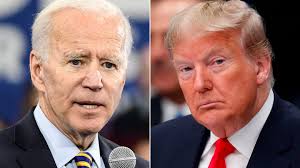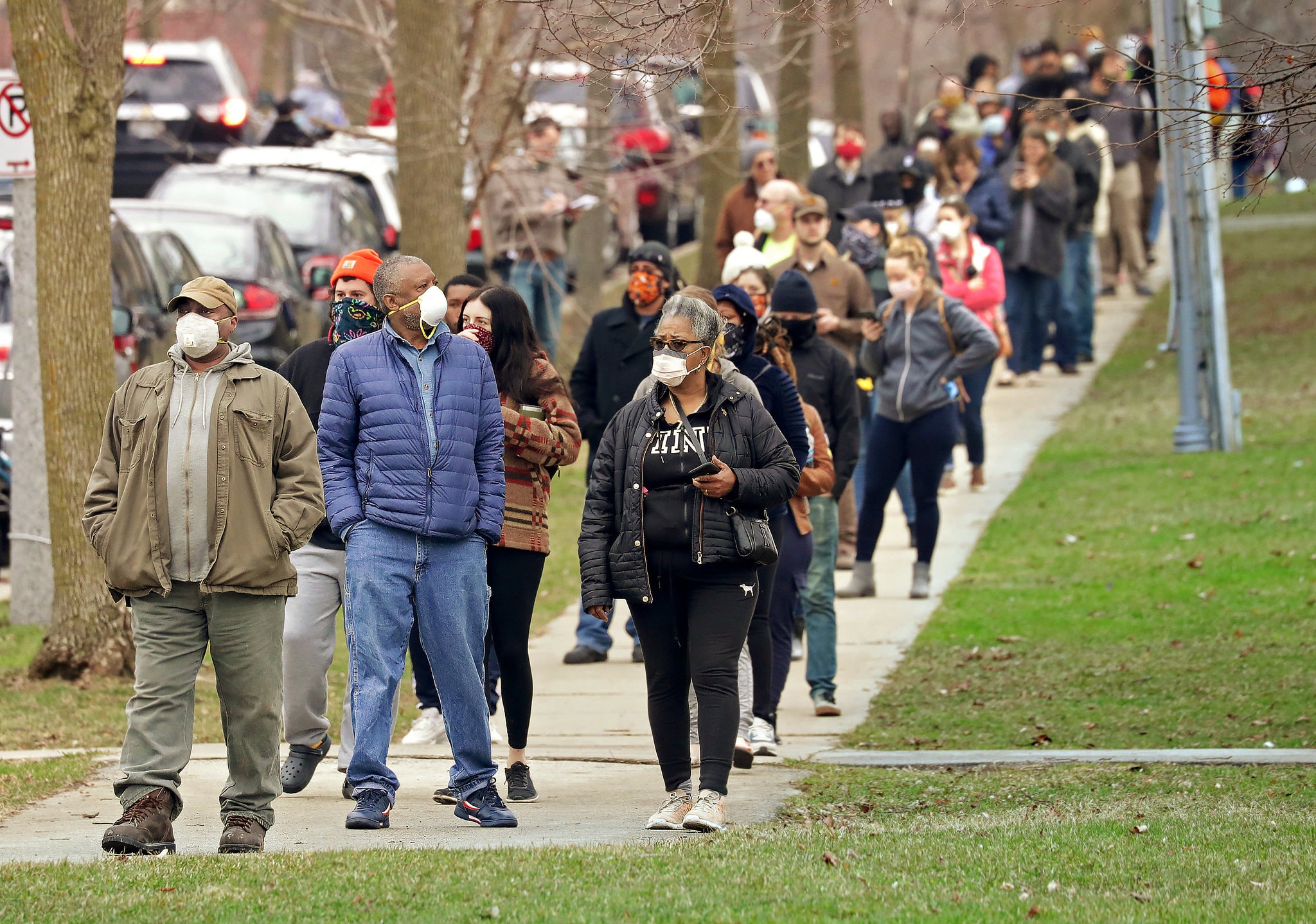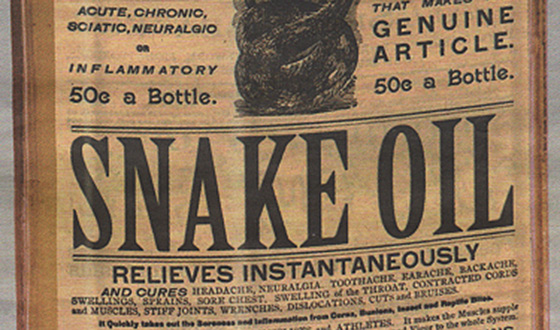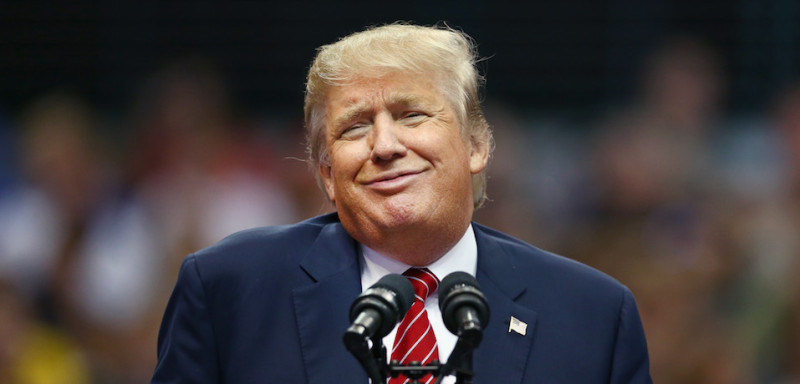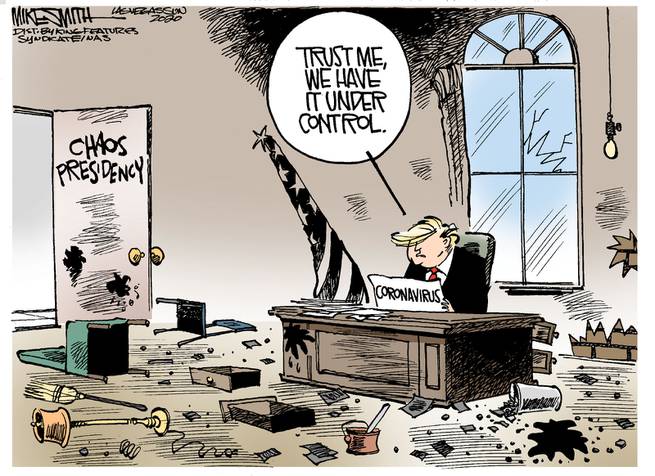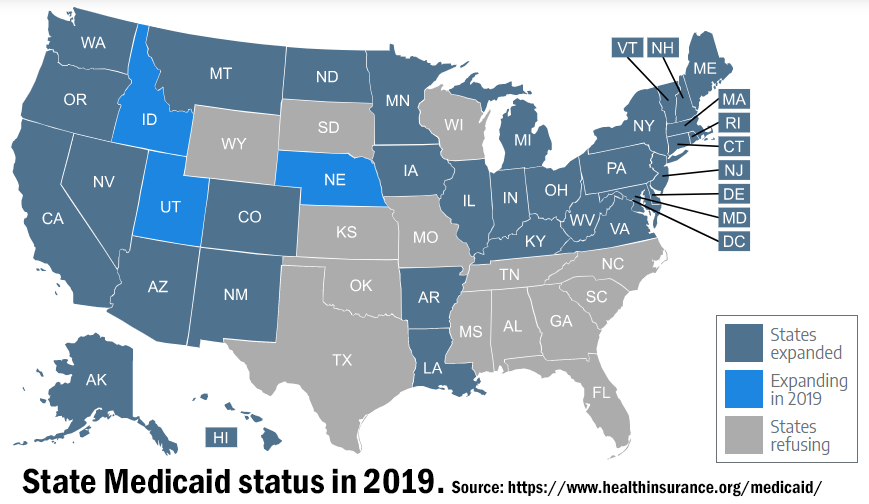According to the Kaiser Family Foundation, the Trump Administration is buying up a lot of the medical supplies being produced in the U.S. right now, but it’s not clear where these supplies are going.
The Trump administration quietly invoked the Defense Production Act to force medical suppliers in Texas and Colorado to sell to it first — ahead of states, hospitals or foreign countries.
It took this action more than a week before it announced Thursday that it would use the little-known aspect of the law to force 3M to fill its contract to the U.S. first. Firms face fines or jail time if they don’t comply.
The Cold War-era law gives federal officials the power to edge out the competition and force contractors to provide supplies to them before filling orders for other customers.
While it’s unclear how many times the power has been used during the coronavirus pandemic, federal contracting records examined by Kaiser Health News show that federal authorities staked first rights to $137 million in medical supplies. The orders in late March flew under the radar, even as dog-eat-dog bidding wars raged among states and nations for desperately needed medical protective gear.
“It’s like ‘Lord of the Flies’ out there for states and hospitals as they bid against each other for critical medical supplies and equipment,” Sen. Chris Murphy (D-Conn.) said in a statement to KHN. “Plus, there’s no transparency about what the federal government is doing with the equipment that they purchase when they outbid states and hospitals.”
The article continues to describe a chaotic situation in which orders are being cancelled because the federal government is claiming first dibs on production, but it’s not clear where all this material is going. FEMA appears to be involved, but exactly what FEMA is doing isn’t clear, either.
There could be a perfectly good explanation for the federal supplies-grab, but this is the Trump Administration we’re talking about, so that’s unlikely. And it’s probably Jared Kushner we’re talking about, since he has inserted himself into this mess and has established a headquarters at FEMA. Kushner’s pronouncement that the federal stockpile of medical supplies is “our stockpile,” not the states’, raised the question of who “our” is. Perhaps he meant he and his team, or the Trump family business. Who knows?
But here’s another odd little story that has been mostly overlooked. On March 27 Politico reported that a prominent DC-based Republican fundraiser had just notified his clients that he would not be working to raise funds for them after April 1. And why not? Because he’s going into the medical supplies business.
The fundraiser, Mike Gula, didn’t specify his new line of work in the email. But in an interview, he said he’d started a new company selling medical equipment that’s been in short supply during the coronavirus pandemic.
The company, Blue Flame Medical LLC, was formed Monday in Delaware, according to state records. Its website says it sells coronavirus testing kits, N95 respirator masks, “a wide selection” of personal protective equipment and other “hard to find medical supplies to beat the outbreak.”
Asked how he’d managed to procure such equipment when there are shortages in hospitals across the country, Gula said, “I have relationships with a lot of people.” …
…“I don’t want to overstate, but we probably represent the largest global supply chain for Covid-19 supplies right now,” he said. “We are getting ready to fill 100 million-unit mask orders.”
Gula is a veteran fundraiser who’s raised money for more than two dozen lawmakers in this cycle alone, including Sens. Steve Daines of Montana, Tim Scott of South Carolina, Pat Toomey of Pennsylvania, Ron Johnson of Wisconsin, Martha McSally of Arizona and Kevin Cramer of North Dakota.
Here’s more about Mike Gula from a New York Times article published March 28:
Neither Mr. Gula nor his partner in the business, a fellow Republican operative named John Thomas, had much experience in the medical supply field.
But Mr. Thomas said in an interview on Saturday that the connections they made through their work in politics helped them find suppliers and connect to customers, including large medical systems and law enforcement agencies around the world, including in the Middle East.
“In politics — especially if you’re at a high enough level — you are one phone call away from anybody in the world,” Mr. Thomas said, adding that his new company had partnered with firms to sell and distribute its products. “It’s not about the financial motivations,” he said of his new venture, which was revealed Friday by Politico. “We’re here to solve a need to help people.”
“Partnered with firms” is as specific as Gula gets about his suppliers. Basically, he jumped into the medical supplies biz because he knows a guy who knows a guy.
But there’s another angle to this. You may have seen the clip on television from a couple of days ago in which an admiral announces that by means of an airbridge of flights from abroad the U.S. had procured tons of masks, gowns, and other supplies. But under questioning by Weijia Jiang of CBS News, the admiral admits that the supplies are not going to the cities, or to hospitals, or even to FEMA.
Josh Marshall writes that it may make sense to use private sector supply chains to distribute the material. However …
But this doesn’t sound like it’s just distribution. The Admiral seems pretty clear that this is being distributed as private sector transactions. As then Admiral put it: “That’s normally how things work, right? I’m not here to disrupt a [commercial] supply chain.”
We’ve heard different governors complaining that it’s like bidding on eBay, with the different governors have to bid against each other to get access to these live saving products that are in desperately short supply. That only doesn’t distribute them according to need. It also makes the price for everyone higher.
Who is making money from this? If the U.S. gathering these supplies, is it then selling the material to the private sector for resale (at a markup) to hospitals and others who need them? Nobody is saying exactly how this is working. And Josh Marshall also noted Mike Gula —
Possibly unrelated but maybe not, BW flagged this article from a couple days ago which describes a GOP fundraiser and political operative who abruptly shuttered his business and announced he was opening a new firm (Blue Flame) which is in the COVID medical supply business. “Over the last 14 days I have built another business outside politics and will be focusing my full attention there,” he told colleagues in an email.
There’s no evidence the fundraiser/operative Mike Gula is in the mix with these airbridge flights. But it at least hints at the kind of corruption and profiteering that is possible in such a crisis.
And if there is corruption and profiteering going on, does anyone think that the Trump family is not getting a cut?
In other news —
President Trump intends to nominate White House lawyer Brian D. Miller to serve as the inspector general overseeing the Treasury Department’s implementation of the newly enacted $2 trillion coronavirus law, the White House said Friday night.
If confirmed by the Senate, Miller would become Special Inspector General for Pandemic Recovery for the Department of Treasury, a key post in preventing fraud and abuse in the enormous new program. Miller is a special assistant to Trump and senior associate counsel in the Office of White House Counsel. He played a role in the White House’s response to document requests during the recent impeachment probe.
Inspectors general are supposed to be apolitical and nonpartisan. The Senate will no doubt rubber stamp this appointment, however, because Senate Republicans can’t learn.
Y’all will remember Senator Kelly Loeffler (R-GA) who appeared to trade stock based on information we was getting at Senate briefings about the pandemic. Loeffler is marred to Jeffrey Sprecher, chairman of the New York Stock Exchange. See Loeffler reports more stock sales, denies wrongdoing —
During the same time period reflected on reports filed late Tuesday, the couple also sold shares in retail stores such as Lululemon and T.J. Maxx and invested in a company that makes COVID-19 protective garments.
— and Questions remain about who is handling Kelly Loeffler’s stock transactions —
Loeffler says that financial consultants acting independently conduct all transactions on her behalf.
To this day, however, Loeffler has not provided details about how her portfolio is managed and who does that work. She won’t name her advisers or say what company they work for or disclose what kind of agreement she has with them.
— both in the Atlanta Journal-Constitution.
